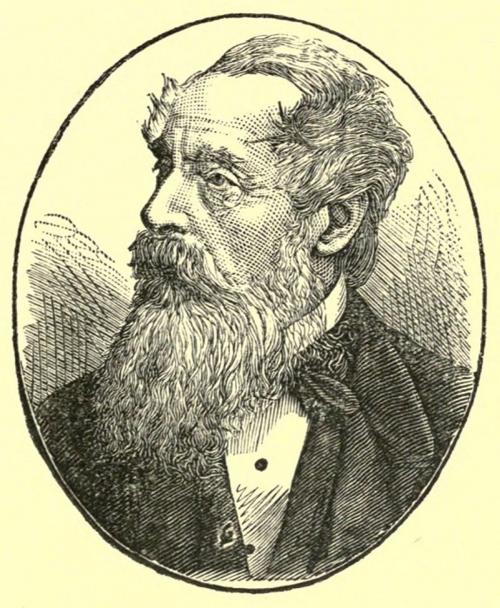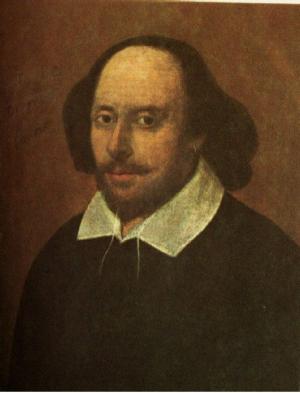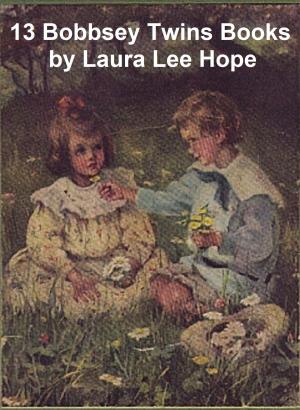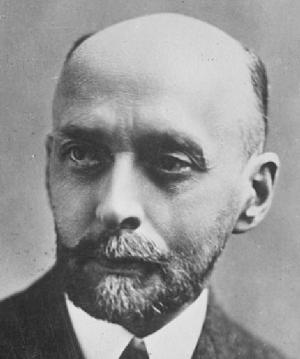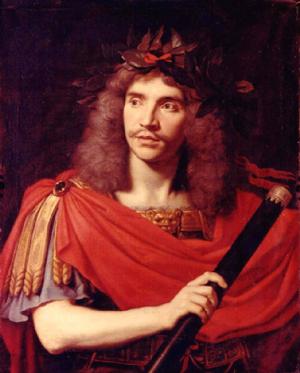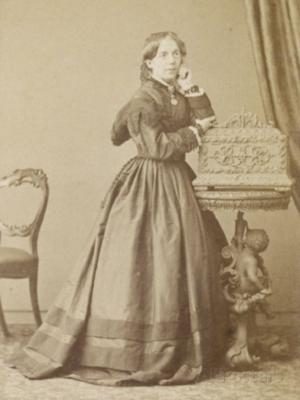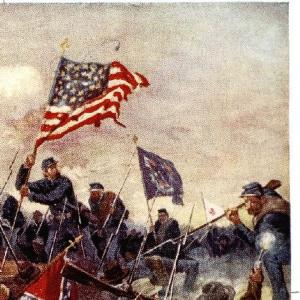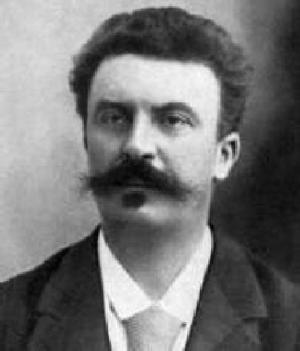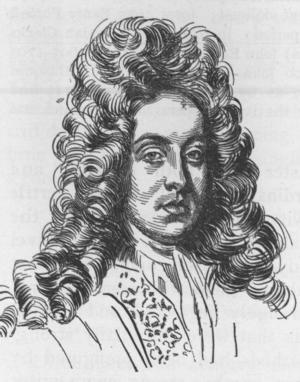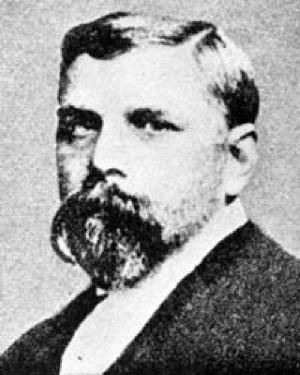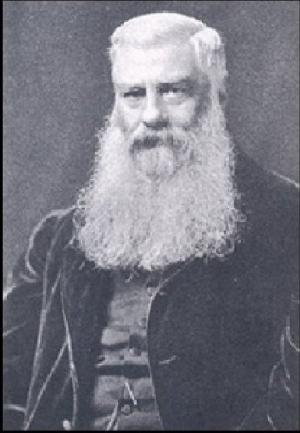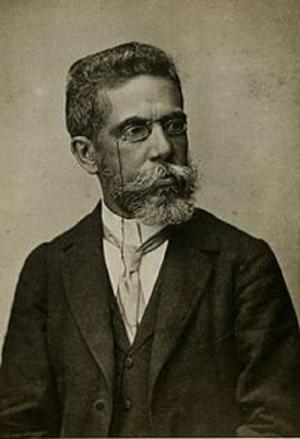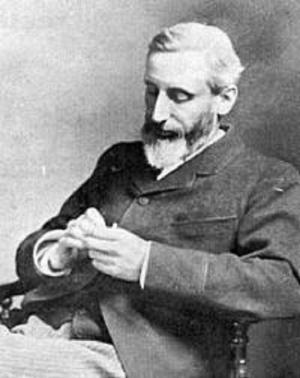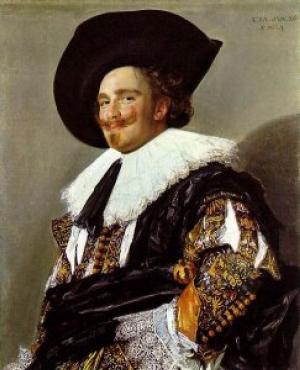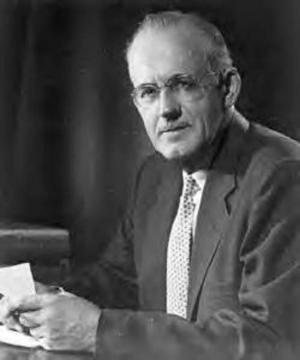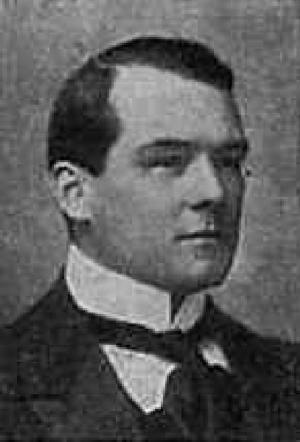| Author: | Kingston, W.H.G. | ISBN: | 9781455394098 |
| Publisher: | B&R Samizdat Express | Publication: | June 10, 2015 |
| Imprint: | Quench Editions | Language: | English |
| Author: | Kingston, W.H.G. |
| ISBN: | 9781455394098 |
| Publisher: | B&R Samizdat Express |
| Publication: | June 10, 2015 |
| Imprint: | Quench Editions |
| Language: | English |
This is only a short book, taking no more than three and a half hours to read aloud, but it is beautifully written, and it packs a punch. The two people designated as shipmates start off at the beginning of the book as reasonably close friends, but a weakness for alcohol causes Dick Bracewell to behave more and more badly, while the real hero, Ralph Michelmore, despite being taken by the Press-gang, behaves more and more nobly as the story progresses. Ralph is already Mate of the Amity when pressed into the Royal Navy, but he had accidentally gone out that evening without his "Protection", a document attesting to his rank in the Merchant Navy. He had that very evening become engaged to Jessie, who waits for him for years. With a couple of curious twists it all works out well in the end; Ralph is reunited with Jessie, and the wicked shipmate, Dick, meets a suitable doom. According to Wikipedia: "William Henry Giles Kingston (28 February 1814 - 5 August 1880), writer of tales for boys, was born in London, but spent much of his youth in Oporto, where his father was a merchant. His first book, The Circassian Chief, appeared in 1844. His first book for boys, Peter the Whaler, was published in 1851, and had such success that he retired from business and devoted himself entirely to the production of this kind of literature, in which his popularity was deservedly great; and during 30 years he wrote upwards of 130 tales, including The Three Midshipmen (1862), The Three Lieutenants (1874), The Three Commanders (1875), The Three Admirals (1877), Digby Heathcote, etc. He also conducted various papers, including The Colonist, and Colonial Magazine and East India Review. He was also interested in emigration, volunteering, and various philanthropic schemes. For services in negotiating a commercial treaty with Portugal he received a Portuguese knighthood, and for his literary labours a Government pension."
This is only a short book, taking no more than three and a half hours to read aloud, but it is beautifully written, and it packs a punch. The two people designated as shipmates start off at the beginning of the book as reasonably close friends, but a weakness for alcohol causes Dick Bracewell to behave more and more badly, while the real hero, Ralph Michelmore, despite being taken by the Press-gang, behaves more and more nobly as the story progresses. Ralph is already Mate of the Amity when pressed into the Royal Navy, but he had accidentally gone out that evening without his "Protection", a document attesting to his rank in the Merchant Navy. He had that very evening become engaged to Jessie, who waits for him for years. With a couple of curious twists it all works out well in the end; Ralph is reunited with Jessie, and the wicked shipmate, Dick, meets a suitable doom. According to Wikipedia: "William Henry Giles Kingston (28 February 1814 - 5 August 1880), writer of tales for boys, was born in London, but spent much of his youth in Oporto, where his father was a merchant. His first book, The Circassian Chief, appeared in 1844. His first book for boys, Peter the Whaler, was published in 1851, and had such success that he retired from business and devoted himself entirely to the production of this kind of literature, in which his popularity was deservedly great; and during 30 years he wrote upwards of 130 tales, including The Three Midshipmen (1862), The Three Lieutenants (1874), The Three Commanders (1875), The Three Admirals (1877), Digby Heathcote, etc. He also conducted various papers, including The Colonist, and Colonial Magazine and East India Review. He was also interested in emigration, volunteering, and various philanthropic schemes. For services in negotiating a commercial treaty with Portugal he received a Portuguese knighthood, and for his literary labours a Government pension."
